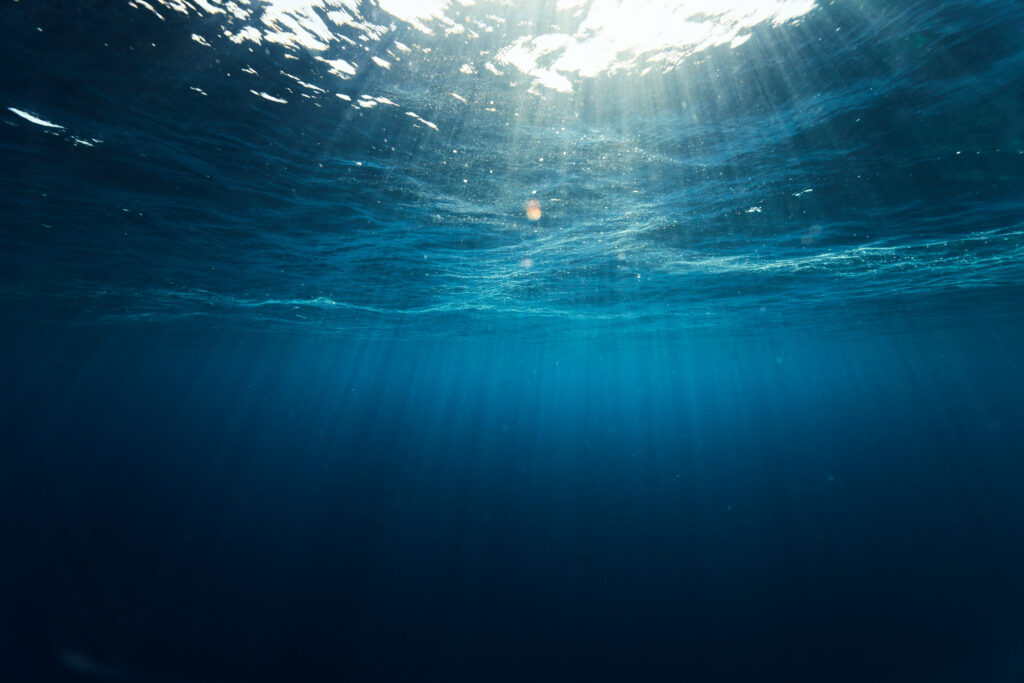
In 2023, following increase in general warming, a new record in ocean waters has been set. This is what emerges from a study conducted by an international team, coordinated by IAP-CAS (Institute of Atmospheric Physics of the Chinese Academy of Sciences), with the participation of researchers from the United States, New Zealand and France, as well as Italian scientists Simona Simoncelli of the National Institute of Geophysics and Volcanology (INGV) and Franco Reseghetti of the Italian National Agency for New Technologies, Energy and Sustainable Economic Development (ENEA).
Besides the rise in the “ocean fever”, very strong anomalies were also found in the sea surface temperatures, with unexpected values attributable in this case not only to global warming, but also to the short-term thermal fluctuations of the Pacific Ocean due to the transition from La Niña to El Niño phenomena, starting from May 2023.
The overall warmer waters produced by the combination of these factors can result in variation in atmospheric precipitation and the evaporation of surface waters alter the ocean salinity, with direct consequences about marine life, ocean currents and interactions with the atmosphere. Less dense, warmer and less salty waters tend to remain on the surface and are unable to transport heat, carbon dioxide and oxygen to deeper waters, with serious consequences for animal and plant life in the ocean. This stratification of waters has also increased further compared to 2022 and allows storms to become more violent, with stronger rain and winds and, therefore, with a greater risk of flooding, even on Italy.
In fact, it is the Mediterranean Sea that in 2023 confirmed to be the fastest warming basin among those analysed in the study, reaching the highest thermal value since the beginning of modern records.According to the Italian researchers involved in the study, due to the influence of the Mediterranean Sea on life in the countries bordering it – from agriculture, to fishing, hydrology, weather evolution, the health of populations – “continuing to monitor it is the key to understanding the effects of global warming, raising awareness about this emergency and stimulating the adoption of necessary adaptation and mitigation measures. We must always keep in mind that due to this phenomenon enormous damages occur every year all over the world, often accompanied by the loss of human lives.”

